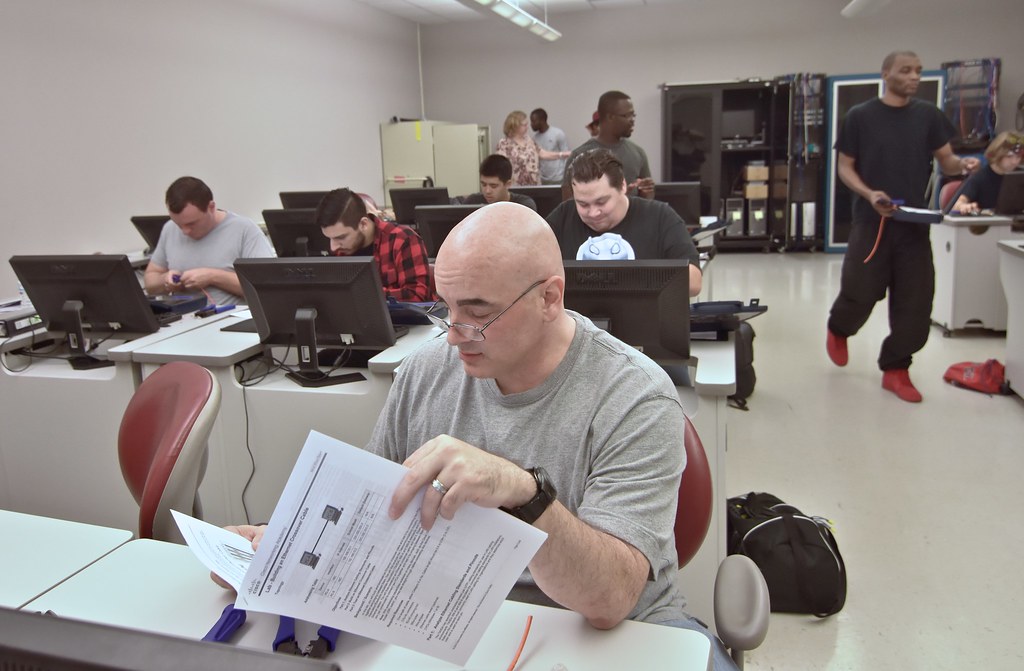The Unthinkable Crime That Shook a Community (Image Credits: Unsplash)
In a Cleveland courtroom thick with unspoken pain, the air hung heavy as a mother confronted the woman who shattered her world forever.
The Unthinkable Crime That Shook a Community
Picture a routine shopping trip turning into horror in an instant. Last year, outside a Giant Eagle in North Olmsted, Bionca Ellis, then 32, grabbed a young boy and his mom in a brutal attack. The little one, just three years old, didn’t survive the stabbing. His mother fought for her life too, but the scars run deep.
This wasn’t some random clash. Ellis had a history of mental health struggles, yet she walked free from earlier run-ins with the law. Folks in the area still talk about how such a quiet suburb could hold this kind of darkness. It left everyone asking how something so preventable slipped through the cracks.
From Trial Drama to Guilty Verdict
The path to this day was rocky. Ellis pleaded not guilty by reason of insanity, sparking fierce debates among experts. One side argued her mind snapped beyond control; the other said she knew exactly what she was doing. After weeks of testimony, the jury didn’t buy the insanity defense.
Guilty on all counts – that meant aggravated murder and more. The decision came down fast, closing one chapter but opening wounds all over again. Families like Julian’s waited months for this moment, holding onto hope for some kind of closure.
The Mother’s Heart-Wrenching Words
Nothing prepares you for a parent’s fury in the face of loss. Julian’s mom stood tall, her voice cracking as she unloaded years of grief in seconds. She called out the betrayal, the endless nights without her boy, and how one act stole their future.
“I hate you with every fiber of my being,” she said, words that echoed through the room. It wasn’t just anger; it was the raw edge of survival. Prosecutors nodded, knowing this statement sealed the emotional weight of the case for everyone listening.
Ellis’s Brief Moment at the Mic
Then it was her turn. Ellis kept it short, her voice barely above a murmur. “I just want to say I apologize for what I did,” she offered, eyes down. No elaborate excuses, no pleas for mercy – just those few words hanging in the silence.
Did it land? Hard to say. The judge and the family showed little reaction, focused on the facts over feelings. Still, in a room full of tension, that apology felt like a drop in an ocean of hurt. It couldn’t erase the evidence or the pain.
The Judge’s Firm Hammer Falls
Cuyahoga County Prosecutor Michael O’Malley called it one of the most heartbreaking cases he’d seen. The judge agreed, handing down life without parole – the max for such a crime. No chance of walking free, ever.
This sentence sends a message: random violence against the innocent won’t be tolerated. Ellis now faces decades behind bars, a life sentence that matches the one she ended for a child. It’s justice, but as many say, it can’t bring back what’s gone.
Lessons from a Tragedy
Looking back, questions linger about mental health support and quick releases from custody. Ellis had prior issues, yet systems failed to catch the signs. Communities are pushing for changes, like better monitoring for those at risk.
Here are some key factors that played out:
- Mental health evaluations clashed, with experts split on her state of mind.
- The attack happened in broad daylight, shocking witnesses who tried to help.
- Julian’s family turned their pain into advocacy, vowing to fight for safer streets.
- Prosecutors stressed accountability over excuses in their closing arguments.
- The verdict took just hours, showing the evidence’s strength.
Key Takeaways
- Life without parole ensures Ellis stays locked away for good.
- The mother’s impact statement highlighted the human cost of violence.
- This case spotlights gaps in mental health and justice systems.
In the end, no ruling fixes a broken heart, but it offers a shield for others. Julian’s story reminds us how fragile safety can be, urging tougher safeguards all around. What hits you hardest about this tale? Share your thoughts in the comments.








